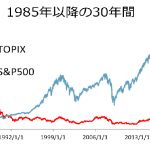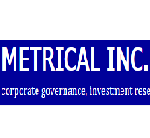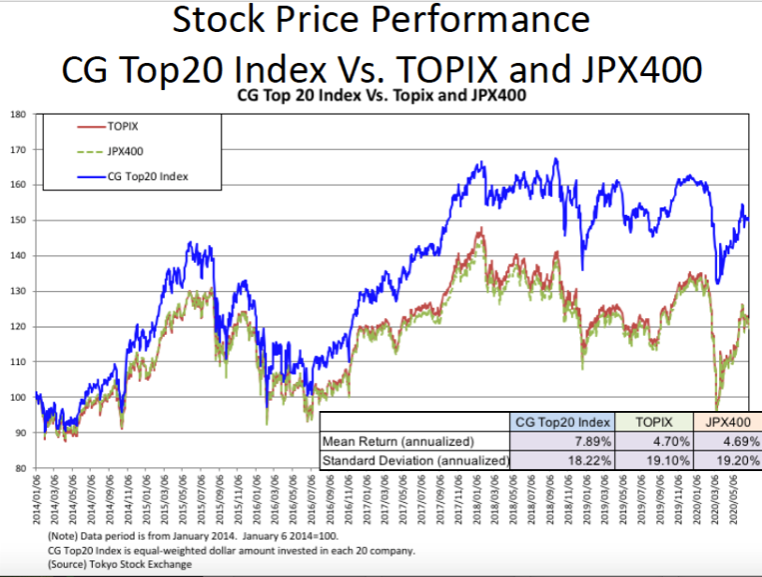
On 4/16/2023 I became 67 years old. On this “occasion” I would like to ask you to consider donating to The Board Director Training Institute of Japan (BDTI), which I have led in offering director training in Japan for 13 years now, training about 3,000 persons in programs, and many more via e-Learning. At the same time, going forward, I also will attempt to make a series of posts (on this discussion forum) a perspective or story related to corporate governance, based on recent events and my own 15 years of experience sitting on boards here, that will be light, easy reading but hopefully also be thought-provoking.
BDTI’s work is “missionary work” that requires passion and commitment. Perhaps these stories will be of interest in terms of revealing why I do what I do, the challenges that face Japan and its companies and investors, and how how they can be overcome.
Because Japan does not have a customary or mandatory requirement for serious director training, BDTI’s courses need to be “subsidized” in some way so that we can offer high-quality programs at a price point that is low enough to attract our (overly frugal) customers, –that is to say, at prices that on a per-person-per-hour basis are one-third or less than in other developed markets. (Even paying low salaries and donating a lot myself, this is the market reality). Moreover, “G” is the foundation on which the “house of ESG” is built, but that fact is not as widely recognized as it should be.




